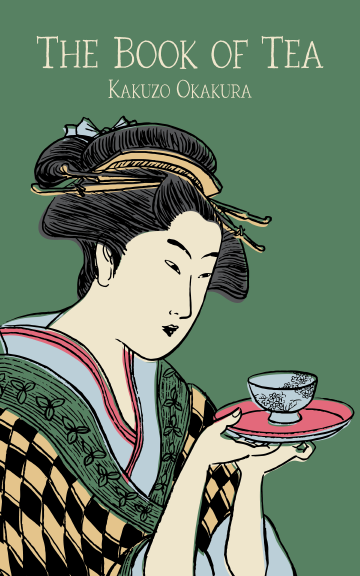The Book of Tea
The Book of Tea
The Book of Tea by Okakura Kakuzō gets right to the heart of the cultural significance and historical importance of a well-loved beverage. The work is one of cultural outreach, breaking down boundaries with foreign cultures and acting as an ambassador between the West and the burgeoning nation of Japan post-Meiji Restoration.
Writing in English, Okakura sought to educate Western audiences on the purity, harmony and clarity of the tea ceremony within Japanese philosophy and identity. However, this goes far beyond a simple love of tea drinking. In 1905, Japan defeated Russia in open conflict, resulting in an explosion of prejudice, disinformation and racism with regard to Japanese culture, politics and lifestyle. Writing less than one year later, Okakura sought to redress this balance in a meaningful way, building bridges between nations and ushering in an age of newfound parity between the East and the West.
The result is a book that remains fascinating today, over a century later, giving tea drinkers and non-tea drinkers alike something to think about. Okakura went on writing for another seven years until his death in 1913, but it is The Book of Tea for which he is best remembered.



